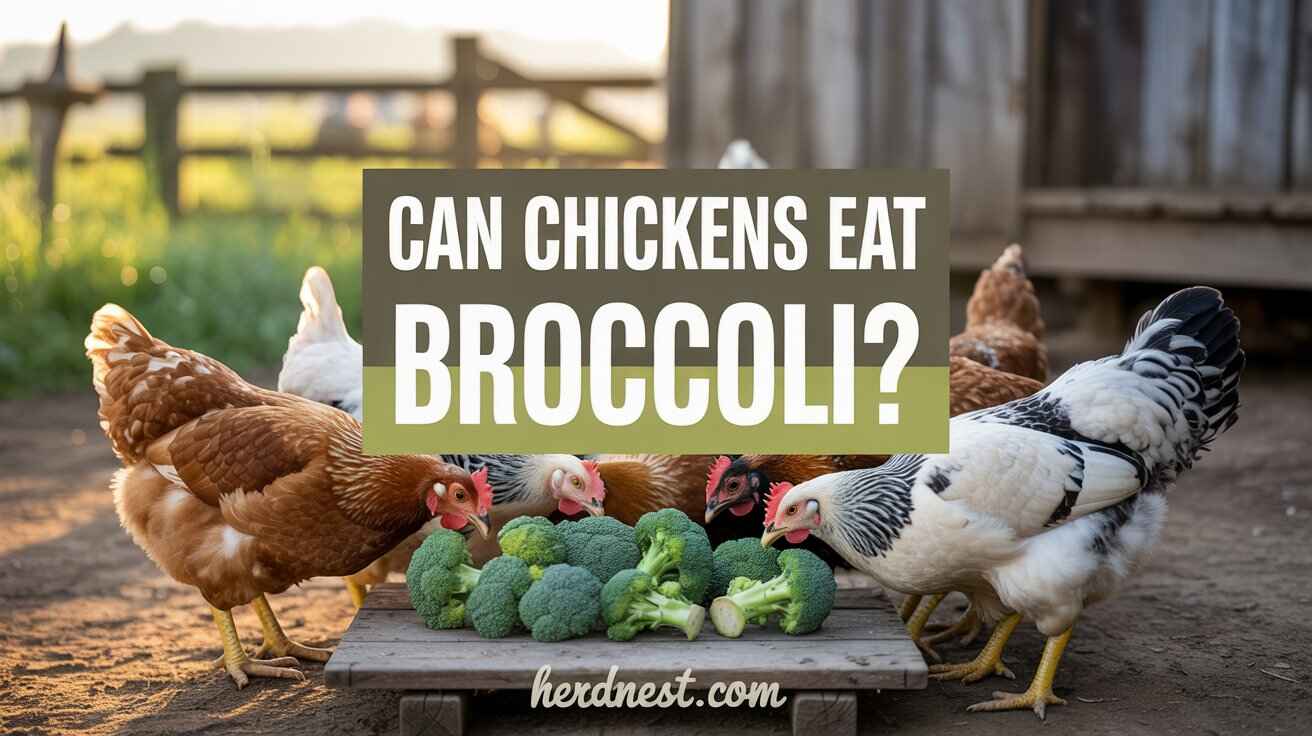As a chicken keeper for many years, I’ve often been curious about what my feathered friends can safely enjoy. Chickens are hardy critters and can handle a variety of foods, but when it comes to avocados, caution is key. While the avocado flesh can be offered as an occasional treat, the avocado skins, pit, leaves, and even the bark of the avocado tree are highly toxic due to a compound called persin. This toxin can lead to serious health issues, including potential death, in both birds and other domestic animals.
If you’re wondering whether you should incorporate avocados into your chicken’s diet, the answer is to avoid these harmful parts completely. Though avocados may provide some nutritional benefits, the risks of avocado toxicity far outweigh the rewards. It’s always better to say no to risky fruit to keep your flock safe and thriving.
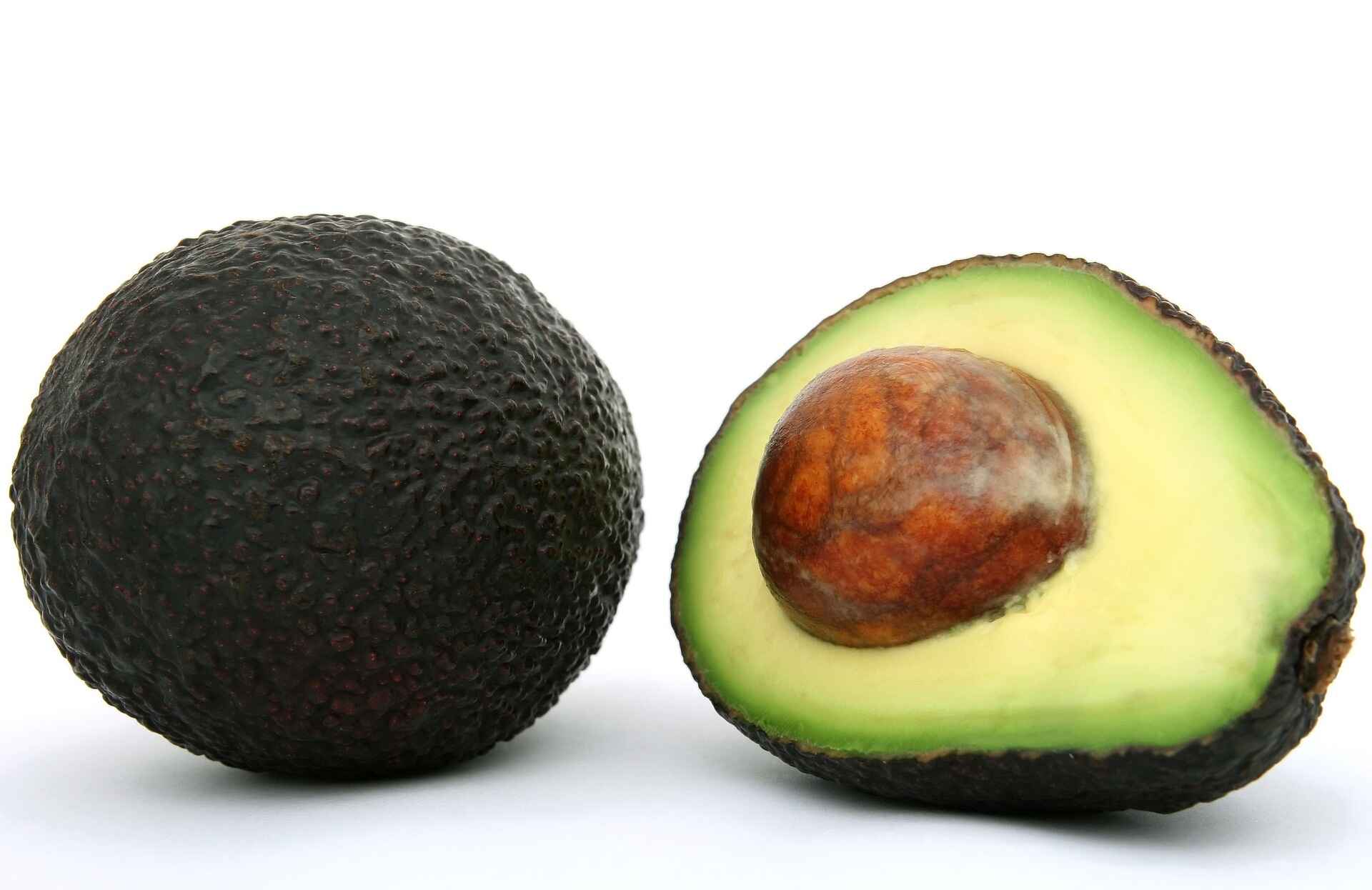
Table of Contents
ToggleIs Avocado Safe for Chickens?
The truth about avocados is that while some parts, like the flesh, might seem ok, others can be toxic and even deadly to chickens. The skin, stone, bark, and leaves of the avocado tree contain a toxin called persin, which, if consumed in large quantities, can cause respiratory problems or worse. It’s better to be safer and avoid giving your flock any part of this fruit altogether.
Even the gooey inside of an avocado can cause complications if eaten in excess. While it’s tempting to let your free-range chickens nibble on fallen fruit, it’s best to keep them clear of any avocado plant parts. If you’re concerned, remember that keeping your chickens safe is always a priority—why take the risk when there are plenty of other healthy treats?
Avocado Nutritional Benefits for Chickens
When it comes to feeding your chickens, avocados can be an occasional treat packed with essential nutrients. A medium avocado contains about 240 calories, with 22 grams of fat, including 15 grams of monounsaturated fats, which promote healthy feathers and skin.
According to the Harvard School of Public Health, these fats can support immune function and overall well-being when given in moderation. However, keep in mind that avocados are a nutrient-dense fruit, so they should only be part of a balanced diet.
Avocados are rich in several vitamins and minerals, including vitamin A, which helps maintain vision, reproductive health, and a strong immune system. Additionally, they are an excellent source of B vitamins like B6 and folate, which contribute to energy metabolism and red blood cell formation. The vitamin E in avocados acts as a powerful antioxidant, protecting cells from oxidative damage and supporting healthy feathers and skin.
One of the standout compounds in avocados is lutein, a carotenoid that supports vision and helps prevent age-related eye disorders. Alongside zeaxanthin and beta-carotene, these antioxidants play a role in reducing the impact of free radicals, which can lead to health problems in birds.
Despite these benefits, it’s important to note that some plants, like rhubarb leaves, contain oxalic acid, which affects calcium absorption and can cause kidney failure or even death in birds.
While avocados offer many health benefits, moderation is crucial. Too much can overwhelm your chickens’ digestive systems and lead to serious problems. Instead, consider supplementing their diet with other safe treats or supplements available at your local ag store, which provides similar nutrients without the potential harm. Always prioritize their safety to ensure your flock thrives.
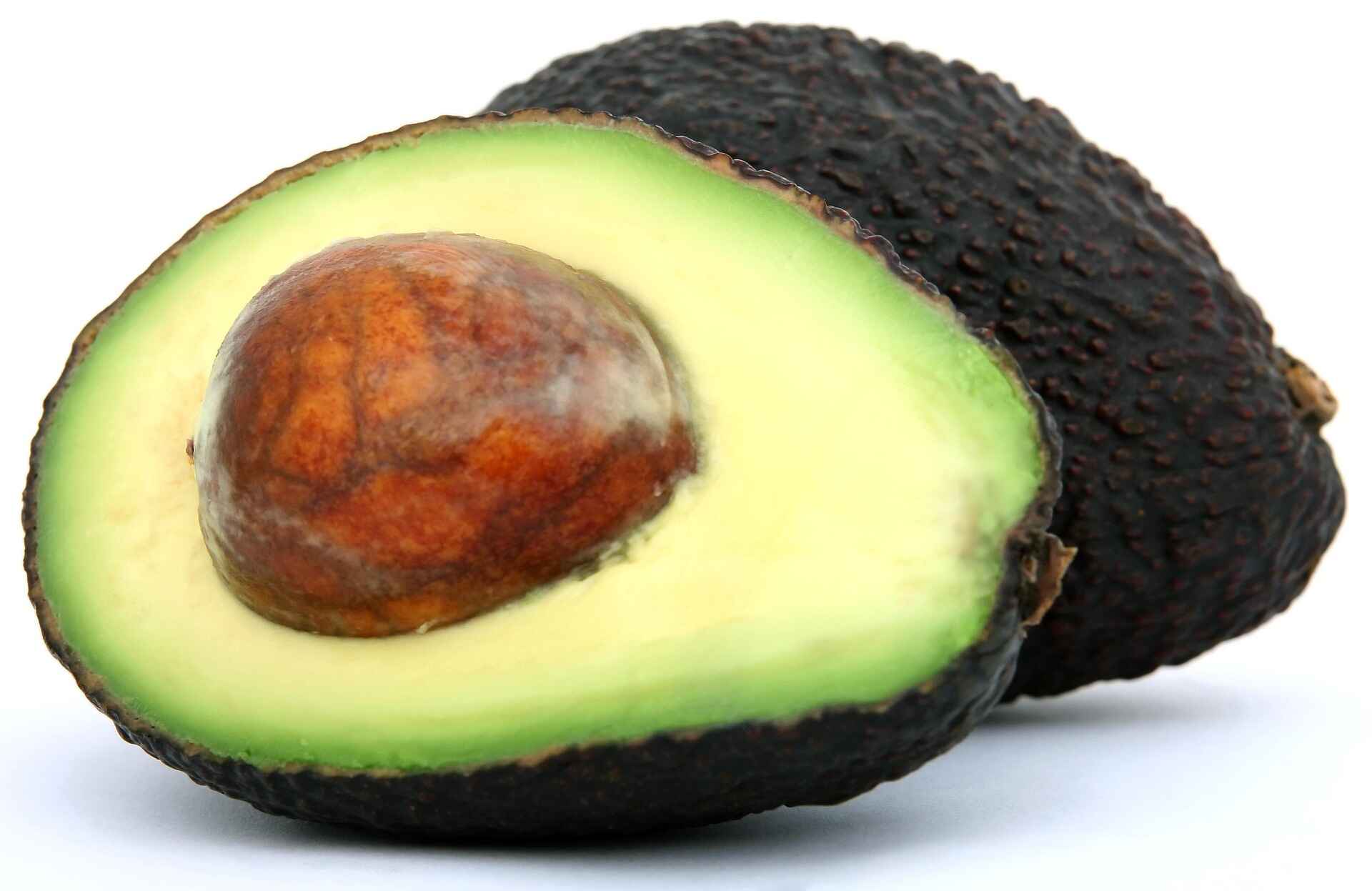
Offering Avocado Safely as a Treat
Avocado can be an occasional treat for your chickens, but it’s essential to prepare it carefully. When preparing the avocado, always remove the skin and pit, as these contain persin, a compound that can be harmful to chickens in large quantities. Once you’ve separated the safe parts, cut the flesh into small pieces or bite-sized chunks to make it easy for your chickens to consume and prevent choking.
You can offer the avocado pieces by hand or scatter them in their run as part of a fun foraging activity. This approach not only provides a tasty treat but also promotes natural foraging behaviors, keeping your chickens mentally stimulated and active.
For more treat ideas that support hydration and enrichment, you might also like to check out watermelon, which is another flock favorite.
Mixing Avocado into Regular Feed
One way to provide avocado to your chickens is by mashing the flesh and combining it with their regular feed. Start with a small amount and mix it well to evenly distribute the nutritional benefits across the feed. This method ensures all chickens get a fair share without overindulging.
As a rule of thumb, keep treats, including avocado, to a small percentage of their overall diet—no more than 10% of their total daily food intake. Gradually increase the avocado content while maintaining balance in their daily feed, ensuring their health stays in check.
Avocado as a Supplement to a Balanced Diet
Avocado can be a useful supplement to a balanced diet for your chickens, but it should not replace their primary diet of high-quality commercial feed tailored to their age-specific requirements. Offering avocados in large quantities may result in negative effects because of persin, a toxic substance harmful to chickens.
Introduce avocado or any new food item gradually so that your flock’s digestive systems can adapt. Monitor them closely for adverse reactions, such as diarrhea, digestive upset, or a reduced appetite. If any issues arise, make sure to adjust the portion to support their optimal health.
Chickens can enjoy different foods in moderation — the same goes for potatoes, where careful observation is always important.
Persin: The Toxic Compound in Avocado
Persin is a fungicidal toxin present in various parts of the avocado plant, such as the bark, skin, leaves, and pit.
Persin is a fungicidal toxin found in different parts of the avocado plant, including the bark, skin, leaves, and pit. While the flesh of the fruit contains lower levels, the other parts have higher concentrations, making them extremely dangerous for chickens.
When chickens ingest this toxin, it can lead to respiratory distress, ARS (acute respiratory syndrome), fluid accumulation in the lungs and heart, and even heart damage.
The severity of the reaction depends on the amount consumed and the chicken’s sensitivity to persin. Exposure to high doses can result in fatal outcomes. It is essential to avoid feeding any part of the avocado plant to your chickens to keep them safe and healthy.
Symptoms of Avocado Toxicity in Chickens
If your chickens accidentally consume toxic parts of an avocado plant, it’s important to recognize the symptoms of avocado toxicity. These symptoms include respiratory issues such as difficulty breathing, wheezing, coughing, rapid breathing, and open-mouth breathing.
You may also notice swelling in the head, neck, or chest area, along with puffy eyes, closed eyes, or an enlarged crop.
In addition, behavioral changes like lethargy, weakness, loss of appetite, or isolation from the flock may occur. In severe cases, it can result in sudden death.
If you suspect exposure to discarded pits or peels, it’s crucial to monitor your flock closely. Prolonged exposure may even affect egg production, so ensure your chickens stay safe from avocado-related hazards.
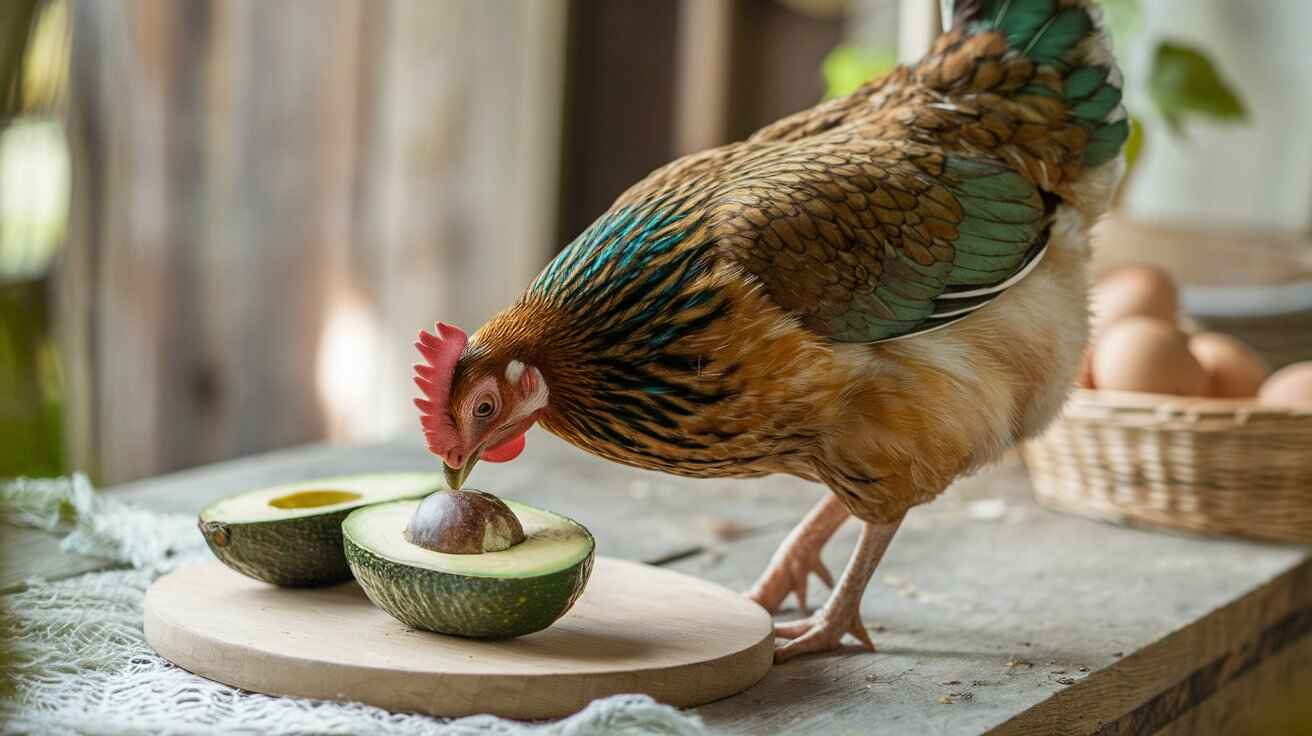
How to Safely Feed Your Chickens Avocado
Feeding avocados to chickens can be done safely if you follow essential tips to avoid harmful effects. First, always remove the skin and pit from the fruit, as these parts contain persin, a toxin that can be dangerous.
The flesh is safer but still should be offered in small pieces and small doses to ensure your flock stays healthy. Leaving even tiny pieces of toxin-laden skin can pose risks, so carefully inspect the flesh before feeding it.
When serving avocado, you can scoop out the edible parts and leave a little flesh on the skin to act as a barrier against accidental contamination. While the fruit has healthy fats and is nutritious, it should only make up a small part of a balanced diet.
Ensure their primary food consists of nutrient-rich options like mealworms, sunflower seeds, split peas, and fresh vegetables like green potato skins and rhubarb leaves, which are also safe in moderation.
Always monitor your chickens for any allergic reactions, respiratory distress, or other health issues when introducing new foods like avocado. Providing fresh water and maintaining overall safety in their diet helps keep your flock healthy.
As a responsible chicken keeper, offering treats like avocados is fine in moderation, but ensuring their total diet includes essential minerals, protein, and other nutrients is key to their overall health.
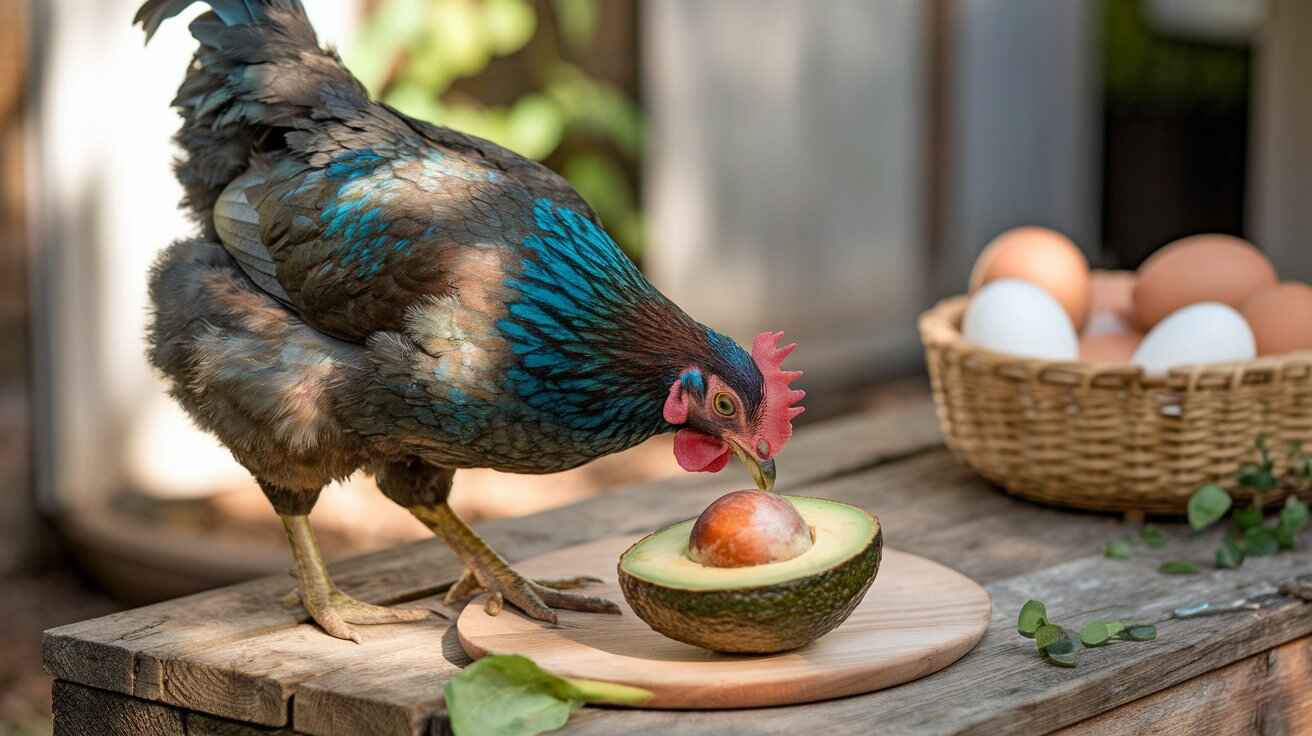
Did You Accidentally Give Your Chickens Avocado Skins and Pits?
If your chickens somehow got access to avocados, the good news is they might not even bother with them. Chickens are quite intuitive about their food and often avoid the poisonous parts of the avocado plant, such as the skin and pit, knowing it isn’t good for them. However, if your chickens do consume these toxic parts, it’s crucial to call your vet immediately for advice. The vet may recommend bringing your bird in if they show signs of distress or an adverse reaction.
If your chicken eats a small amount of the fatty flesh, they’ll likely be fine, as it isn’t as harmful as the other parts of the fruit. In cases where they’ve only had a slight taste of the skin, you might choose to practice watchful waiting or still consult your vet to be safe. The moral of the story? It’s better to avoid avocados entirely and stick to the many tasty treats available for your hens that aren’t toxic.




